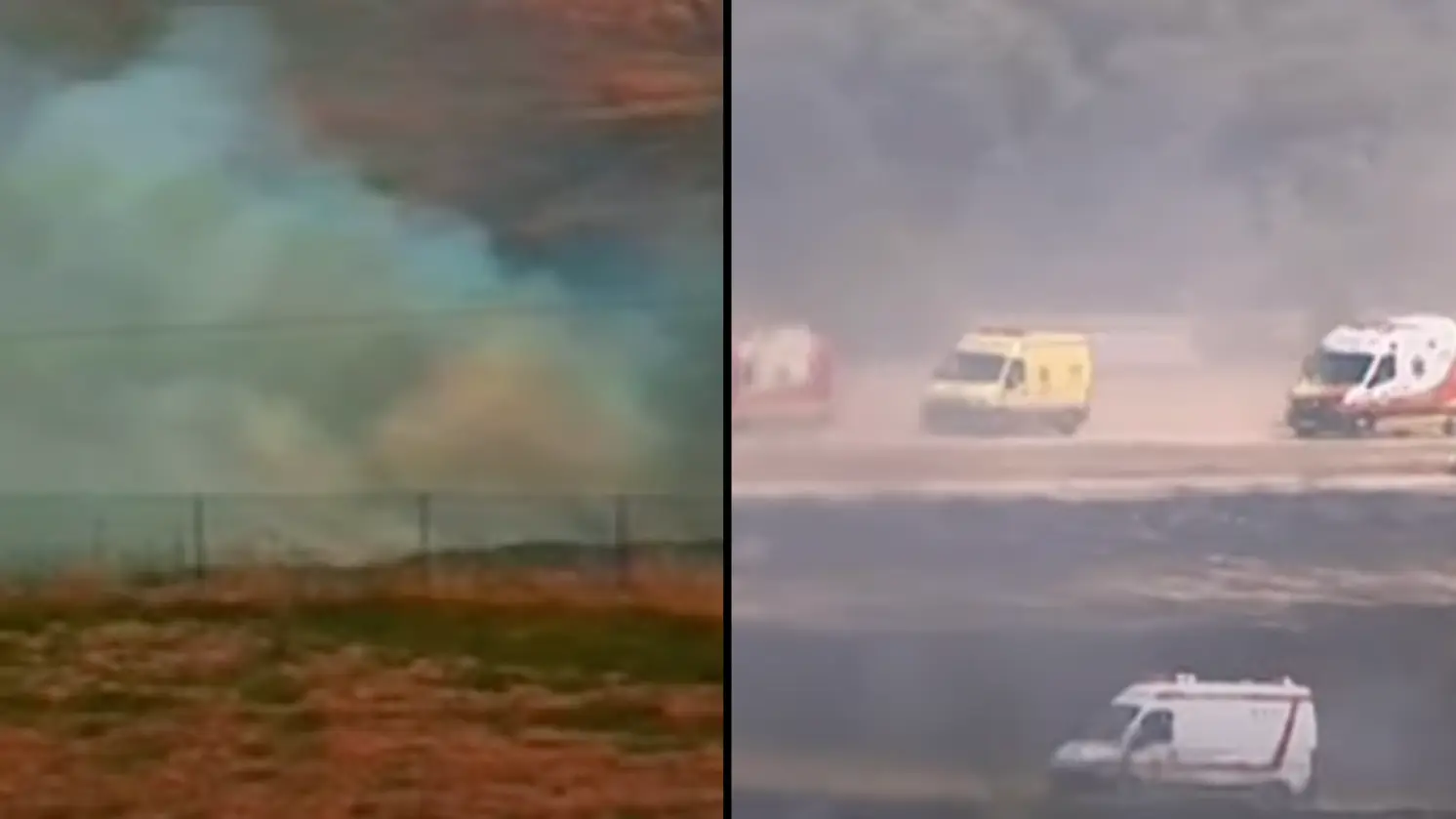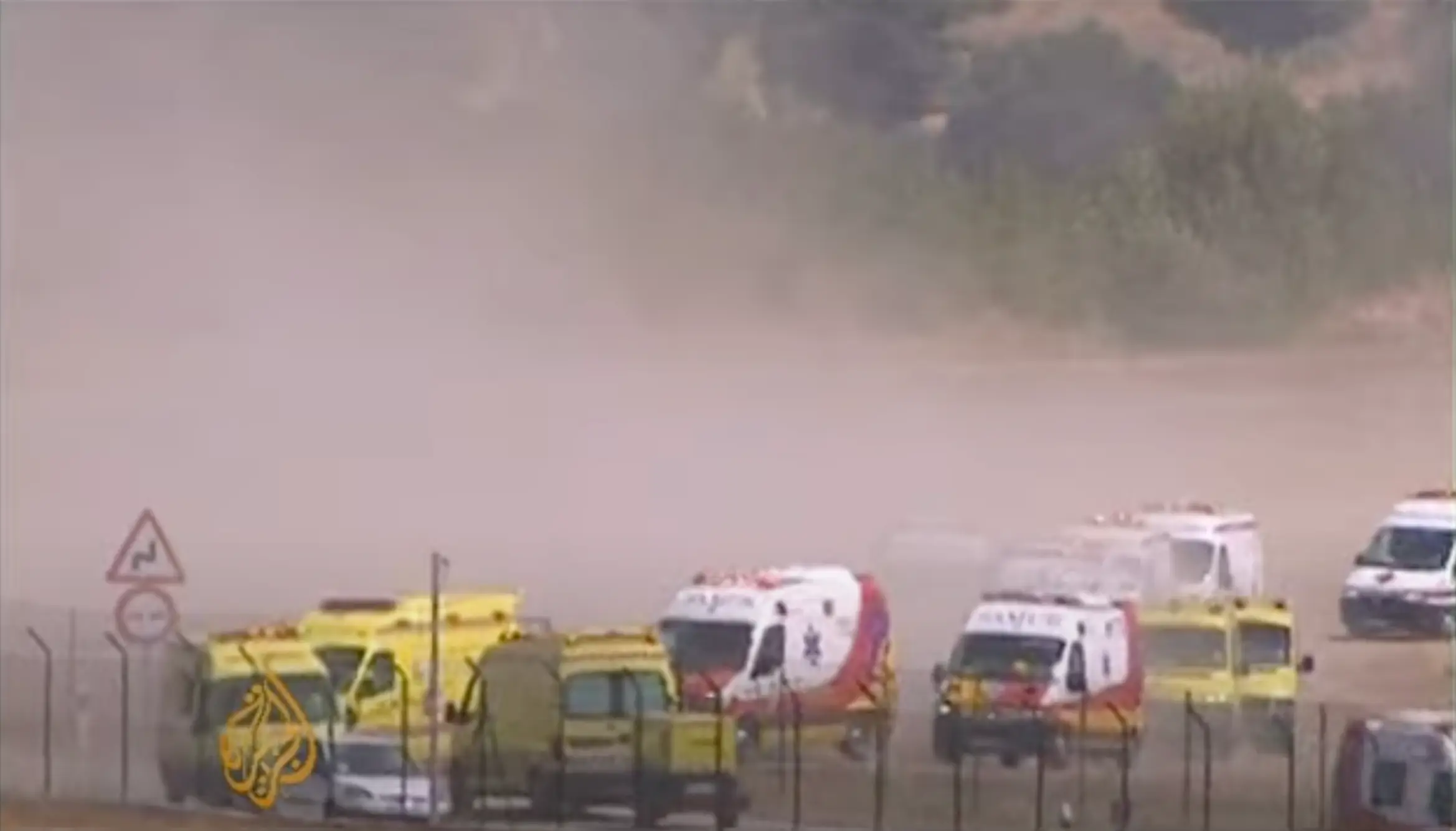
It's the stuff of nightmares when it comes to aviation, and an appalling tragedy.
Most plane crashes happen either during take off or landing, for the simple reason that this is when the plane is closest to the ground. Mistakes or malfunctions which could be corrected at a higher altitude can have a catastrophic impact.

In the case of one flight, tragically the worst fears of anyone who has flown before were realised in a shocking disaster.
Advert
Spanair Flight 5022 was departing from Barajas airport in Madrid to the Canary Islands in August of 2008 when it swerved off the runway, and burst into flames.
Emergency workers responding to the scene gave a harrowing account of the crash site.
"There is nothing left of the plane; it is totally burned," said a civil guard officer. "It's the closest to hell I've ever seen. The corpses were boiling and we were burned as we retrieved them."
In the end, the Spanish development minister, Magdalena Alvarez - whose department is in charge of civil aviation - confirmed 153 people died in the catastrophe, with 19 survivors.
Some reports suggested that 20 children and two infants were among those who did not survive. It was the deadliest air crash in Spain since 1983.
A subsequent investigation found that a concept called 'expectation bias' had been a major factor in the disaster.
A report of the causes of the crash described it as 'a psychological concept associated with perception and decision making that can allow a mistaken assessment to persist'.

It added: "Expectation bias occurs when a pilot hears or sees something that he or she expects to hear or see rather than what actually may be occurring. That expectation often is driven by experience or repetition.
"For example, if a pilot is regularly cleared to cross a particular runway during operations at a familiar aerodrome, he/she may come to 'expect' the clearance."
It's doing a check but just going through the motions of the check and assuming that everything is fine, rather than actually performing the check.
However the report was quick to clarify that expectation bias is not a manifestation of 'laziness'. Instead it is people becoming 'vulnerable to thinking they see what they expect to see', and just a way that the human brain works.
In the case of Spanair Flight 5022, an investigation found that the crew had not set the flaps and slats to the intended setting before attempting take off. They had then unintentionally attempted the take off without the proper settings in place.
It said: "The captain, for his part, should have been monitoring to ensure that the answers being read aloud by the first officer corresponded to the actual state of the controls.”
